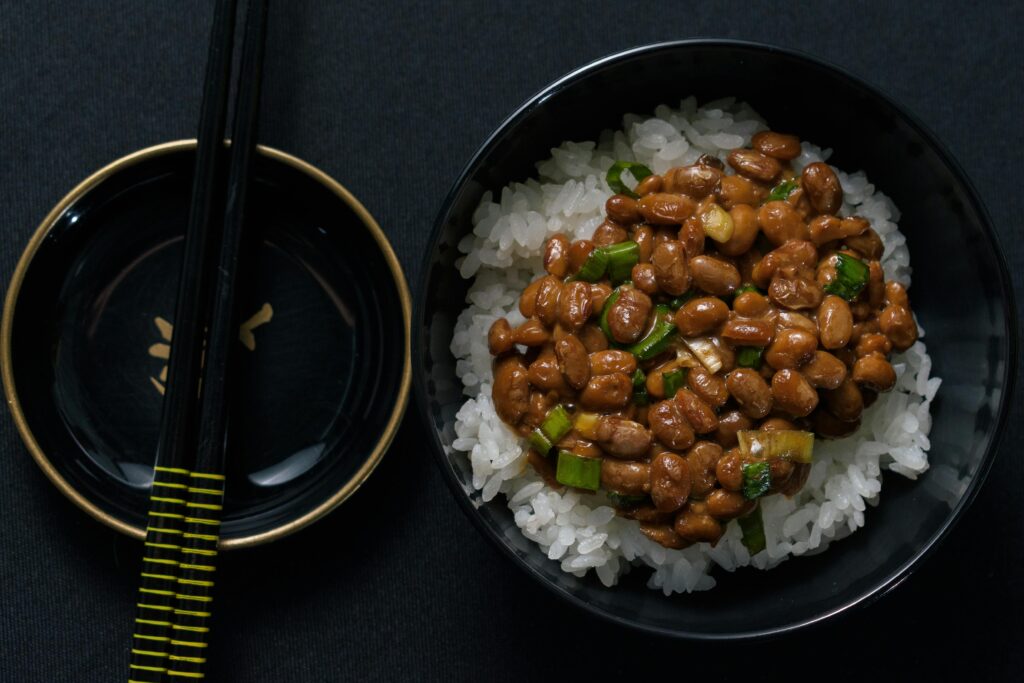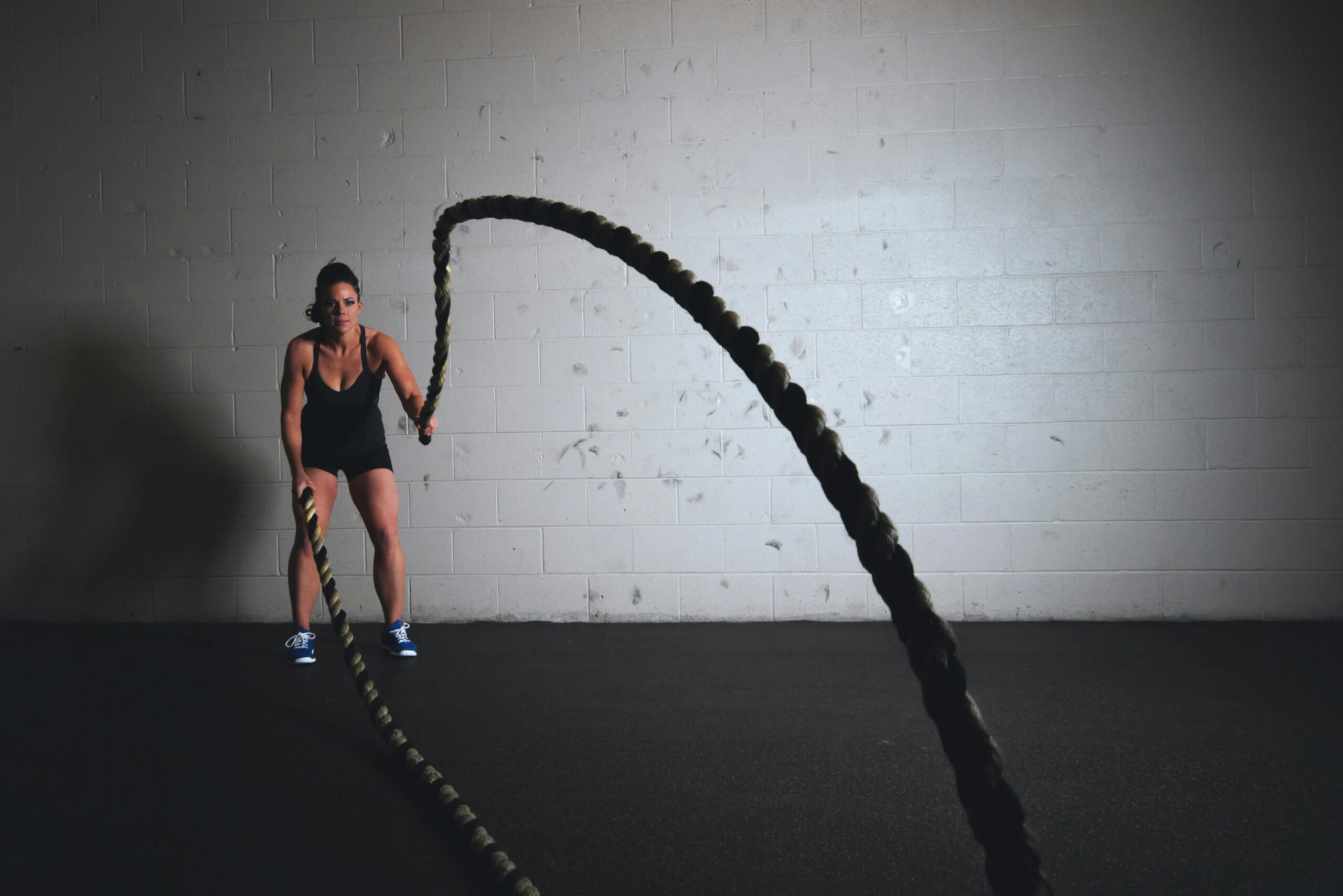Table of Contents
Nutrition is a cornerstone of any fitness journey, whether your goal is to lose weight, build muscle, or simply maintain a healthy lifestyle. While exercise is crucial for physical development, the food you consume fuels your body, aids recovery, and ultimately determines the success of your efforts. This guide aims to break down the essential elements of nutrition, providing you with the knowledge to make informed choices that align with your fitness goals.

Introduction
When it comes to fitness and weight loss, nutrition is often the most challenging aspect. Many people struggle to understand what they should eat, how much, and when. This confusion can lead to inconsistent results, frustration, and even giving up on fitness goals altogether. This guide will help you navigate the complex world of nutrition, debunk common myths, and provide practical advice that you can implement immediately.
1. Understanding the Basics of Nutrition
To achieve any fitness goal, you need to understand the fundamental components of nutrition: macronutrients, micronutrients, and caloric balance.
Macronutrients: Proteins, Carbohydrates, and Fats
Macronutrients are the nutrients that provide energy (calories) and are essential for bodily functions. They include:
- Proteins: Essential for muscle repair and growth, proteins are made up of amino acids, which are the building blocks of your body. Sources include meat, fish, eggs, dairy products, legumes, and nuts.
- Carbohydrates: The body’s primary energy source, especially during high-intensity workouts. Carbs are found in foods like bread, rice, pasta, fruits, and vegetables. They can be categorized into simple and complex carbohydrates, with the latter being more beneficial for sustained energy.
- Fats: Often misunderstood, fats are crucial for hormone production, brain function, and overall health. Healthy fats come from sources like avocados, nuts, seeds, and olive oil.
Balancing these macronutrients according to your fitness goals is key. For example, if you’re aiming to build muscle, you might focus on higher protein intake, whereas endurance athletes might need more carbohydrates.

Micronutrients: Vitamins and Minerals
Micronutrients, although needed in smaller amounts, are vital for overall health and optimal body function. They include:
- Vitamins: Such as Vitamin A, C, D, and E, which play various roles in immune function, skin health, and energy production.
- Minerals: Like calcium, magnesium, and potassium, which are crucial for bone health, muscle function, and hydration.
Ensuring a diet rich in fruits, vegetables, and whole grains can help you meet your micronutrient needs.
Caloric Balance and Energy Expenditure
Calories are units of energy that fuel your body. Understanding caloric balance—calories in versus calories out—is fundamental to managing your weight:
- Caloric Surplus: Consuming more calories than you burn, leading to weight gain. This is essential for muscle building.
- Caloric Deficit: Consuming fewer calories than you burn, resulting in weight loss. This is crucial for fat loss.
Calculating your daily caloric needs involves considering factors like age, gender, weight, height, and activity level. Various online calculators can help you determine this.
2. Nutrition for Fitness Goals
Different fitness goals require different nutritional strategies. Here’s how you can tailor your diet to match your objectives:
Nutrition for Muscle Building
Building muscle requires a combination of strength training and proper nutrition. Key points include:
- Protein Intake: Aim for about 1.6-2.2 grams of protein per kilogram of body weight per day. Protein supports muscle repair and growth.
- Meal Timing: Consuming protein-rich meals evenly throughout the day helps maximize muscle protein synthesis. Post-workout nutrition is especially important, as it aids recovery.
- Sample Meal Plan: A typical day might include eggs for breakfast, chicken or tofu for lunch, a protein shake post-workout, and fish or lean meat for dinner.
Nutrition for Endurance and Performance
If your focus is on endurance sports like running or cycling, carbohydrates become your best friend:
- Carb Loading: Consuming high-carb meals leading up to an event can help maximize glycogen stores, providing you with more energy.
- Hydration: Staying hydrated is crucial, especially for long-duration activities. Electrolytes (sodium, potassium, magnesium) are essential to prevent dehydration and cramping.
- Pre and Post-Workout Nutrition: A balanced meal rich in carbohydrates before exercise will fuel your workout, while a mix of carbs and protein afterward will aid recovery.
Nutrition for Weight Loss

For those aiming to shed pounds, creating a caloric deficit is essential:
- Portion Control: Mindful eating and controlling portion sizes can prevent overeating.
- Nutrient-Dense Foods: Focus on foods that are low in calories but high in nutrients, such as vegetables, lean proteins, and whole grains.
- Sample Meal Plan: Breakfast might include oatmeal with fruit, lunch could be a large salad with lean protein, and dinner might be grilled fish with steamed vegetables.
3. Special Dietary Considerations
Different diets work for different people. Here’s how to approach some popular dietary trends:
Plant-Based Diets
A plant-based diet can be highly effective for fitness, provided you plan carefully:
- Protein Sources: Incorporate plant-based proteins like beans, lentils, tofu, tempeh, and quinoa.
- Micronutrients: Pay attention to potential deficiencies, such as Vitamin B12, iron, and omega-3 fatty acids. Consider supplements if necessary.
- Tips for Success: Diversify your meals to include a variety of vegetables, grains, and legumes to ensure you’re getting a wide range of nutrients.
Low-Carb and Keto Diets
Low-carb diets, including the ketogenic diet, are popular for weight loss:
- Pros and Cons: Low-carb diets can help reduce appetite and lead to rapid weight loss. However, they may not be sustainable long-term and can limit your energy levels during intense workouts.
- Meal Planning: Focus on high-fat, moderate-protein, and low-carb foods. Avocados, eggs, nuts, and green vegetables are staples.
- Monitoring: It’s important to monitor how your body responds, particularly in terms of energy levels and muscle retention.
Intermittent Fasting
Intermittent fasting (IF) involves cycling between periods of eating and fasting:
- Benefits: IF can help control calorie intake, improve insulin sensitivity, and support fat loss.
- Implementation: Popular methods include the 16/8 method (16 hours of fasting, 8 hours of eating) or the 5:2 method (5 days of normal eating, 2 days of restricted calories).
- Considerations: It’s important to ensure that when you do eat, your meals are nutrient-dense and balanced.
4. Common Nutritional Challenges
Even with the best intentions, you may encounter obstacles on your fitness journey:
Dealing with Cravings and Hunger
Cravings and hunger can derail your progress if not managed effectively:
- Strategies: Eat balanced meals with plenty of fiber and protein to keep you full. Stay hydrated, as thirst is often mistaken for hunger.
- Mindful Eating: Practice mindful eating by slowing down, savoring your food, and paying attention to hunger cues.
Eating Out and Social Events

Social situations often present challenges to staying on track with your nutrition:
- Tips: Look for healthier menu options, such as grilled instead of fried foods. Don’t be afraid to ask for modifications, like dressing on the side or extra vegetables instead of fries.
- Planning Ahead: If you know you’ll be dining out, try to balance your day by eating lighter meals beforehand or planning a more intense workout.
Plateaus in Weight Loss
Weight loss plateaus are frustrating but common:
- Understanding Plateaus: Plateaus occur when your body adapts to your current routine. To break through, you may need to adjust your calorie intake, change your exercise routine, or give your body a rest.
- Reevaluating: Regularly reassess your progress and make small adjustments to your diet or exercise regimen as needed.
5. Importance of Hydration
Staying hydrated is crucial for both fitness performance and overall health:
Role of Water in Fitness and Weight Loss
Water plays a critical role in every bodily function:
- Daily Needs: Aim to drink at least 8-10 glasses of water a day, more if you’re active or in a hot climate.
- Dehydration: Symptoms of dehydration include headaches, dizziness, and fatigue, all of which can impair your workout performance.

Tips for Staying Hydrated
- Track Your Intake: Use a water bottle with measurements to keep track of how much water you’re drinking.
- Flavoring: If plain water doesn’t appeal to you, try adding slices of lemon, cucumber, or mint to add flavor without extra calories.
6. Supplements: Do You Need Them?
Supplements can complement your diet, but they aren’t a substitute for healthy eating:
Overview of Common Supplements
- Protein Powders: Useful for ensuring you meet your protein needs, especially post-workout.
- Creatine: A well-researched supplement that can help improve strength and muscle mass.
- Multivitamins: Can help fill in any nutritional gaps, especially if you have dietary restrictions.
Benefits and Drawbacks
- When to Use: Supplements are most beneficial when they address a specific deficiency or when it’s challenging to meet your needs through food alone.
- Caution: Be wary of over-supplementation, as


